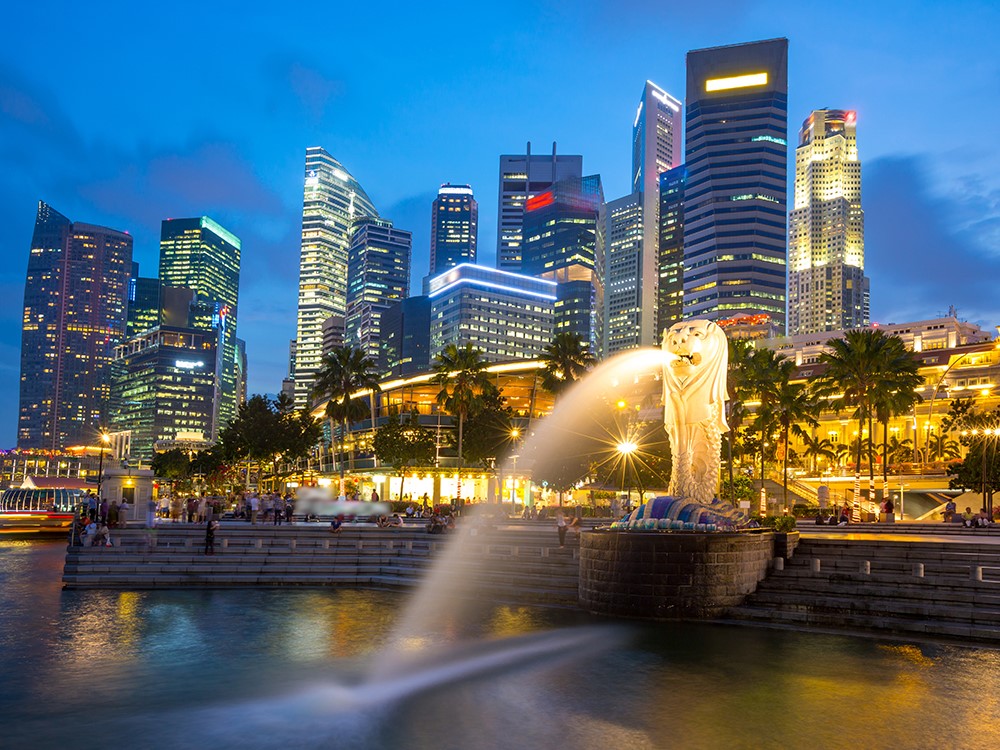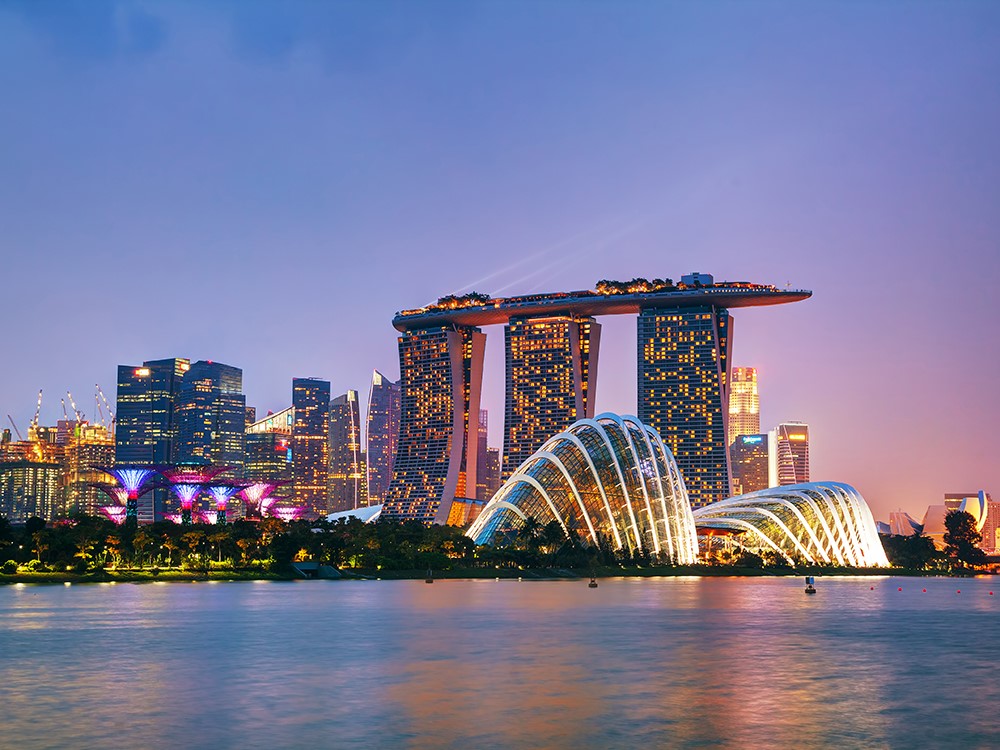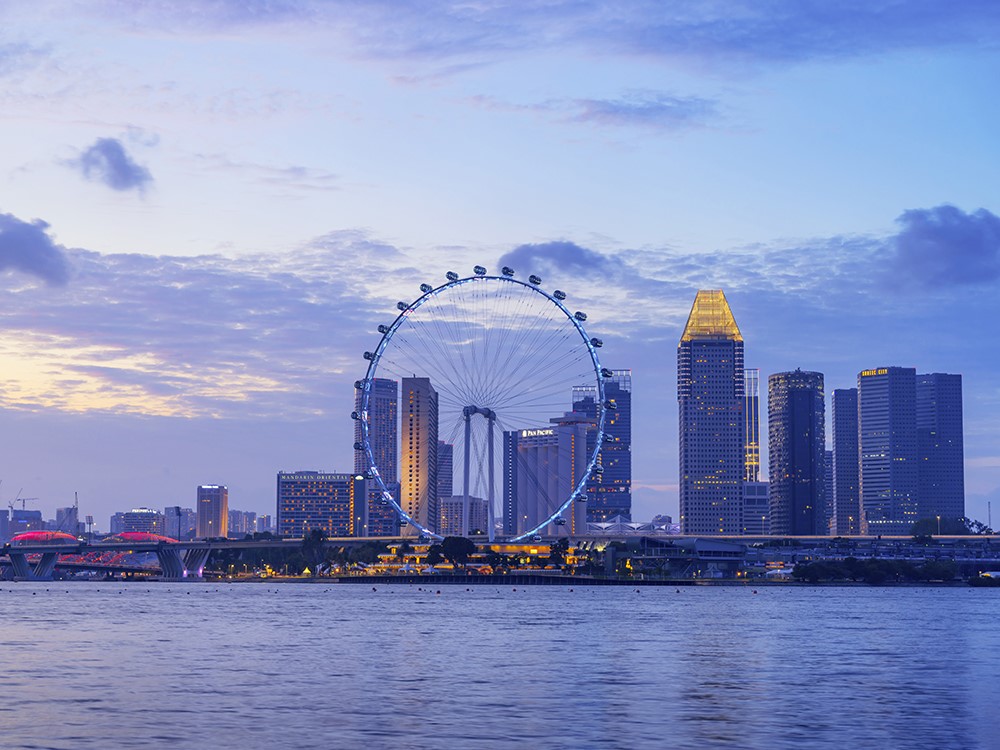2025 International Power and Sustainable Energy Technologies Conference (PSETC 2025) will be held from August 22nd to 24th, 2025 in Singapore. The conference venue will be updated here once confirmed. Conference Photo Download
About Singapore:
Singapore, officially the Republic of Singapore, is an island country and city-state in maritime Southeast Asia. It is located about one degree of latitude (137 kilometres or 85 miles) north of the equator, off the southern tip of the Malay Peninsula, bordering the Strait of Malacca to the west, the Singapore Strait to the south along with the Riau Islands in Indonesia, the South China Sea to the east, and the Straits of Johor along with the State of Johor in Malaysia to the north. The country's territory comprises one main island, 63 satellite islands and islets, and one outlying islet; the combined area of these has increased by approximately 25% since the country's independence as a result of extensive land reclamation projects. It has the third highest population density of any country in the world, although there are numerous green and recreational spaces as a result of urban planning. With a multicultural population and in recognition of the cultural identities of the major ethnic groups within the nation, Singapore has four official languages: English, Malay, Mandarin, and Tamil. English is the common language, with its exclusive use in numerous public services. Multi-racialism is enshrined in the constitution and continues to shape national policies in education, housing, and politics.
Education in Singapore:
Education for primary, secondary, and tertiary levels is mostly supported by the state. All institutions, public and private, must be registered with the Ministry of Education (MOE). English is the language of instruction in all public schools, and all subjects are taught and examined in English except for the "mother tongue" language paper. While the term "mother tongue" in general refers to the first language internationally, in Singapore's education system, it is used to refer to the second language, as English is the first language. Students who have been abroad for a while, or who struggle with their "Mother Tongue" language, are allowed to take a simpler syllabus or drop the subject.
Education takes place in three stages: primary, secondary, and pre-university education, with the primary education being compulsory. Students begin with six years of primary school, which is made up of a four-year foundation course and a two-year orientation stage. The curriculum is focused on the development of English, the mother tongue, mathematics, and science. Secondary school lasts from four to five years, and is divided between Express, Normal (Academic), and Normal (Technical) streams in each school, depending on a student's ability level. The basic coursework breakdown is the same as in the primary level, although classes are much more specialised. Pre-university education takes place at either the 21 Junior Colleges or the Millennia Institute, over a period of two and three years respectively. As alternatives to pre-university education, however, courses are offered in other post-secondary education institutions, including the 5 polytechnics and 3 ITE colleges. Singapore has six public universities, of which the National University of Singapore and Nanyang Technological University are among the top 20 universities in the world.
| Singapore Cityscape |
|---|



